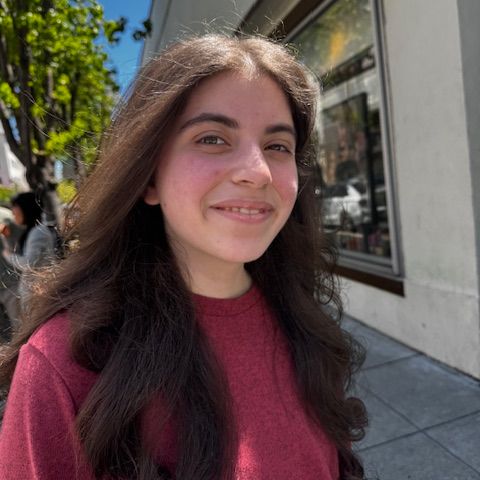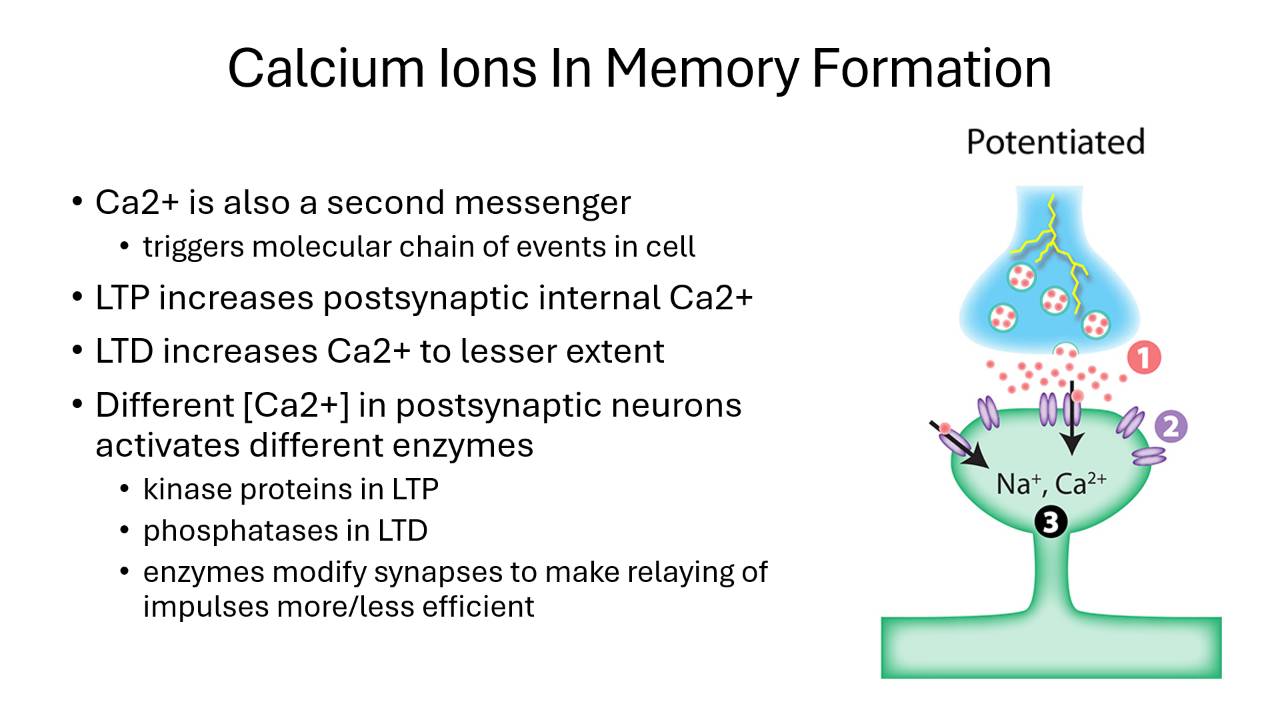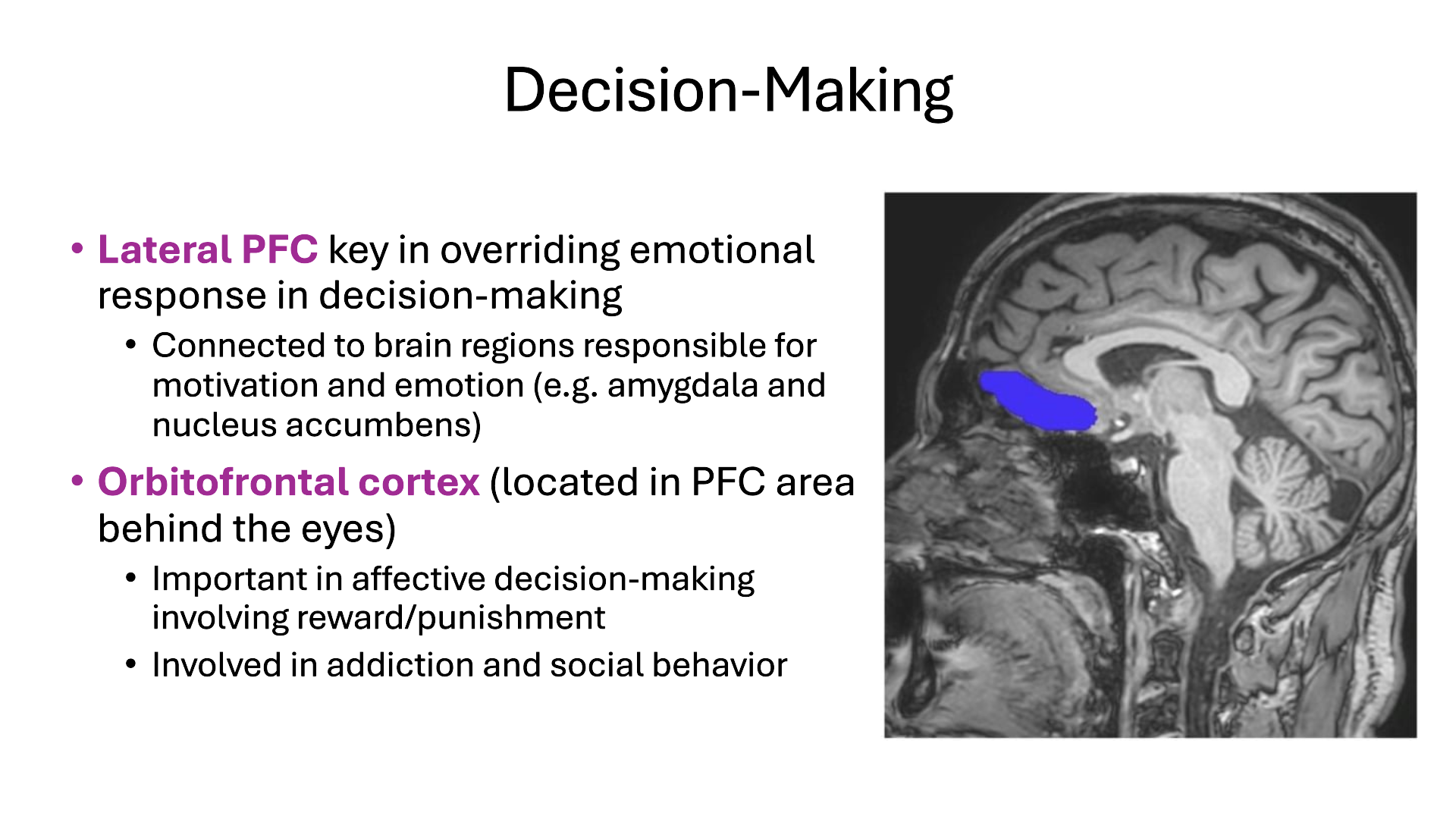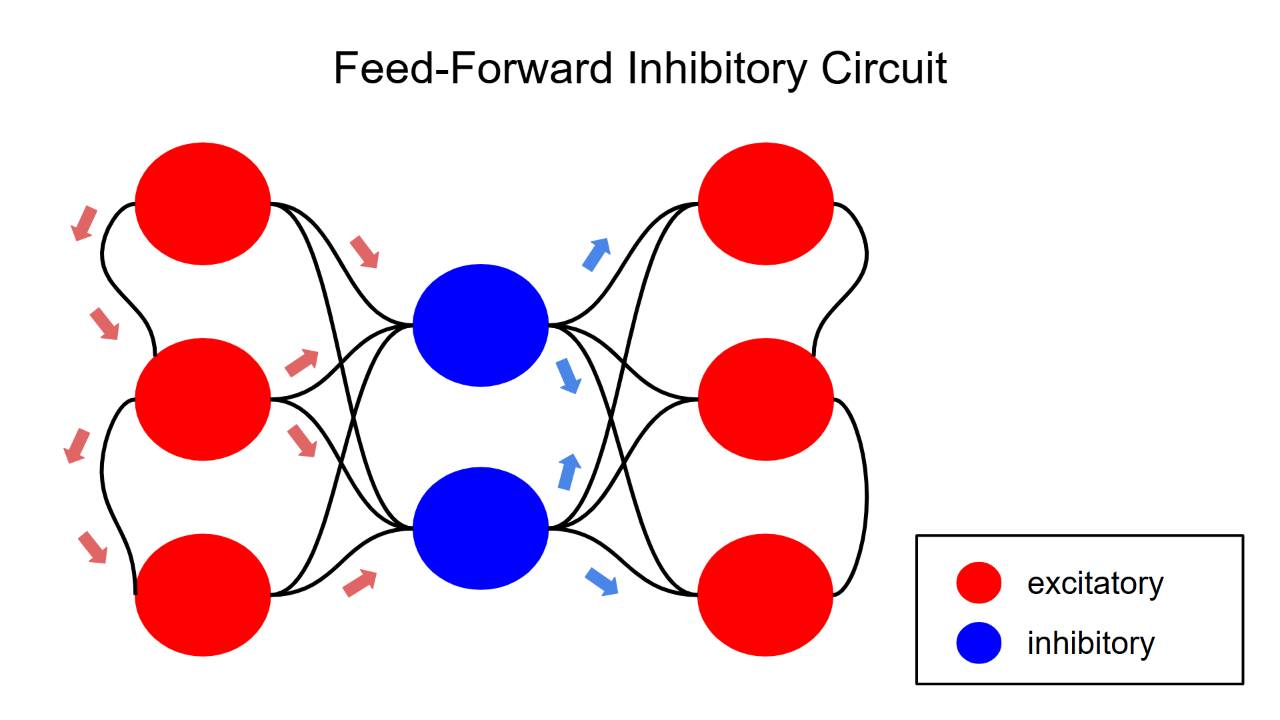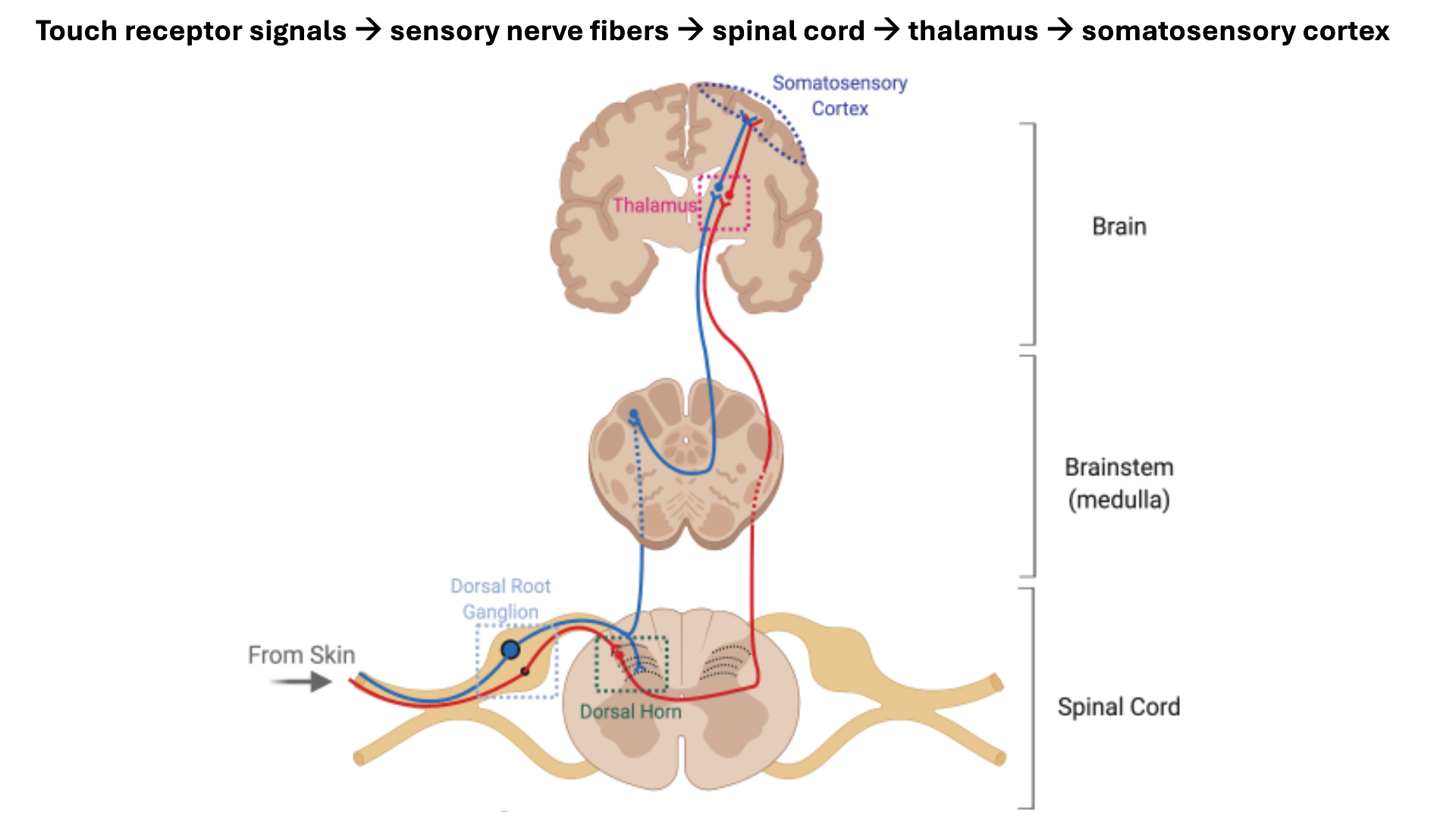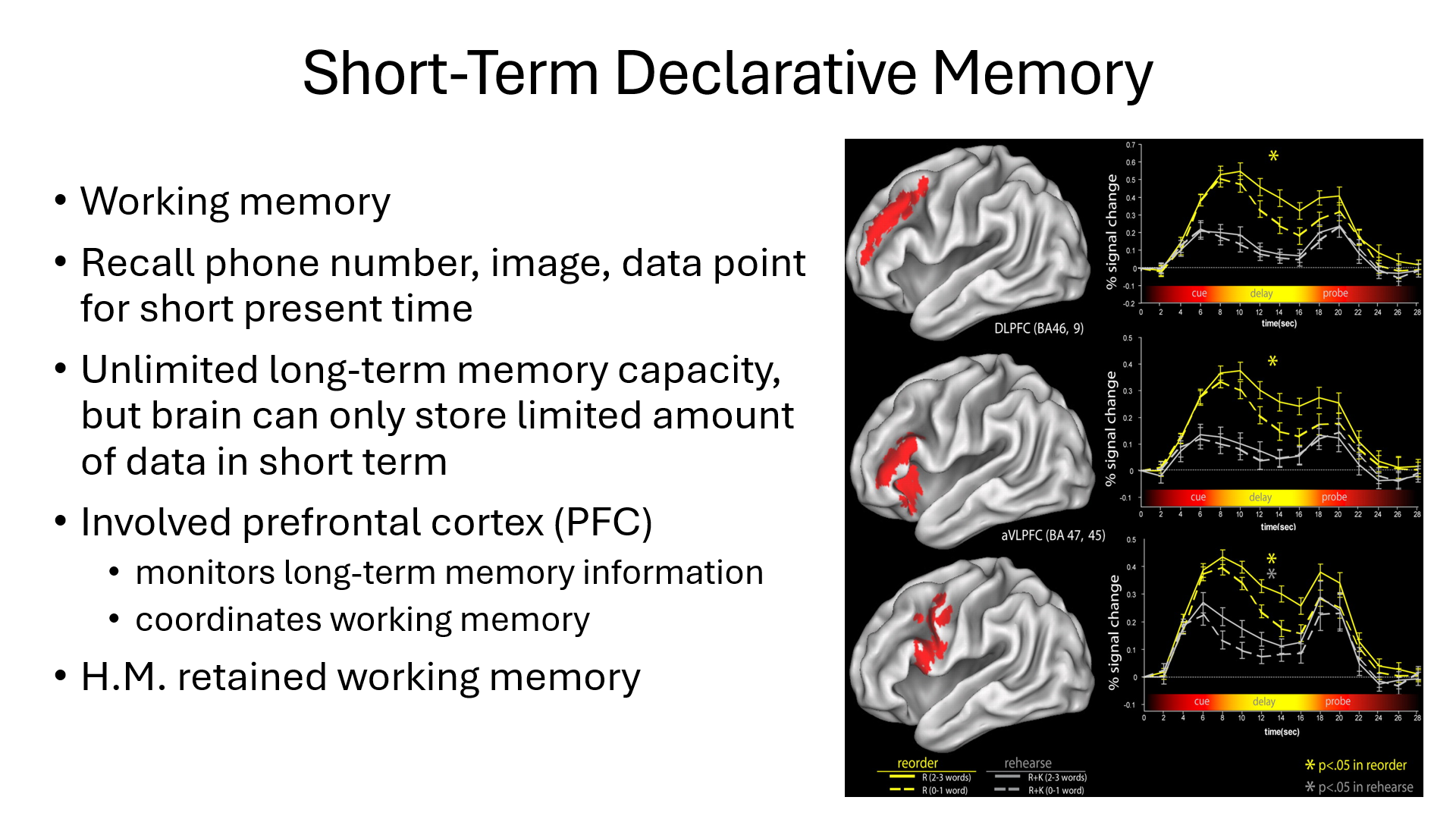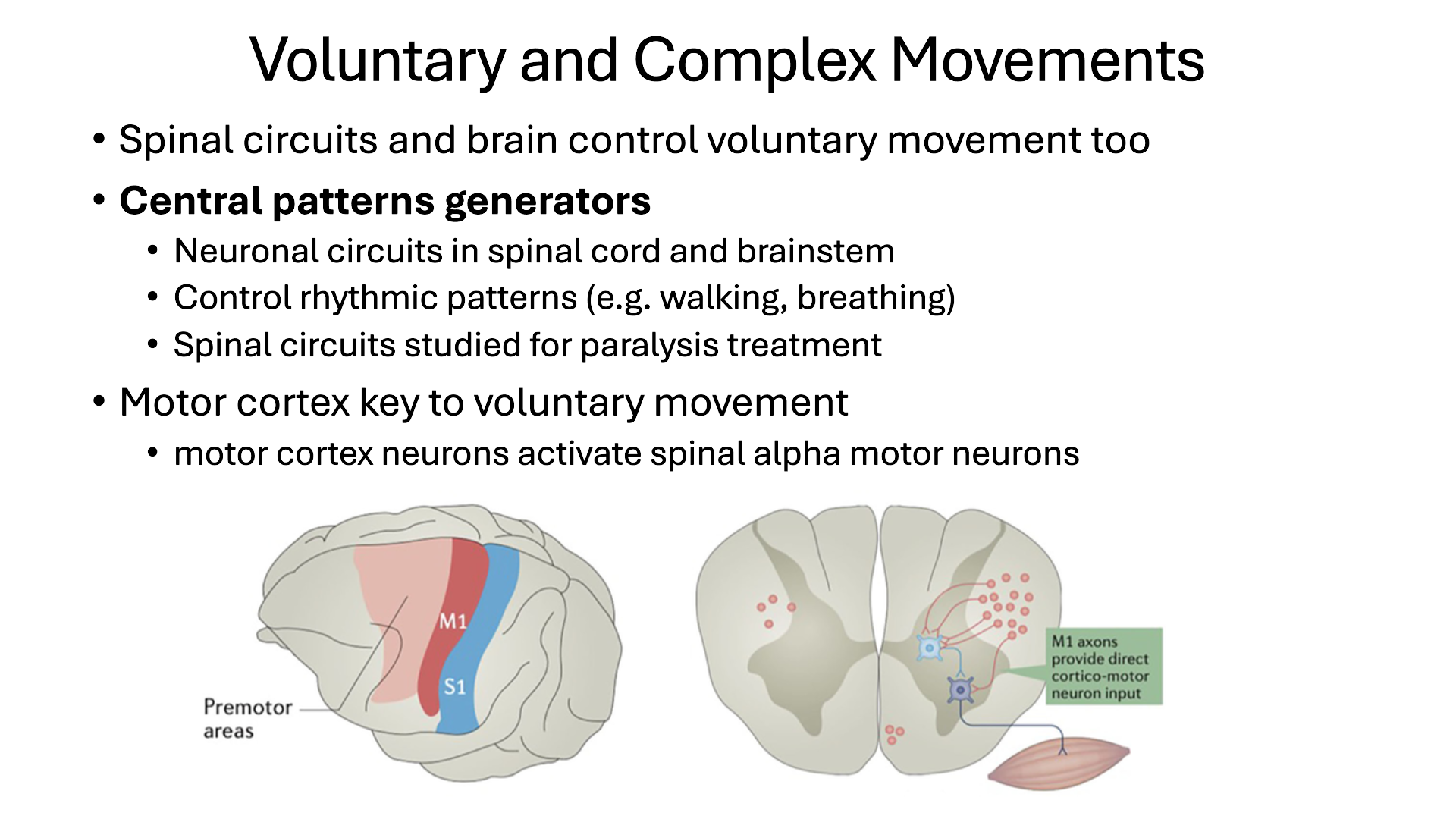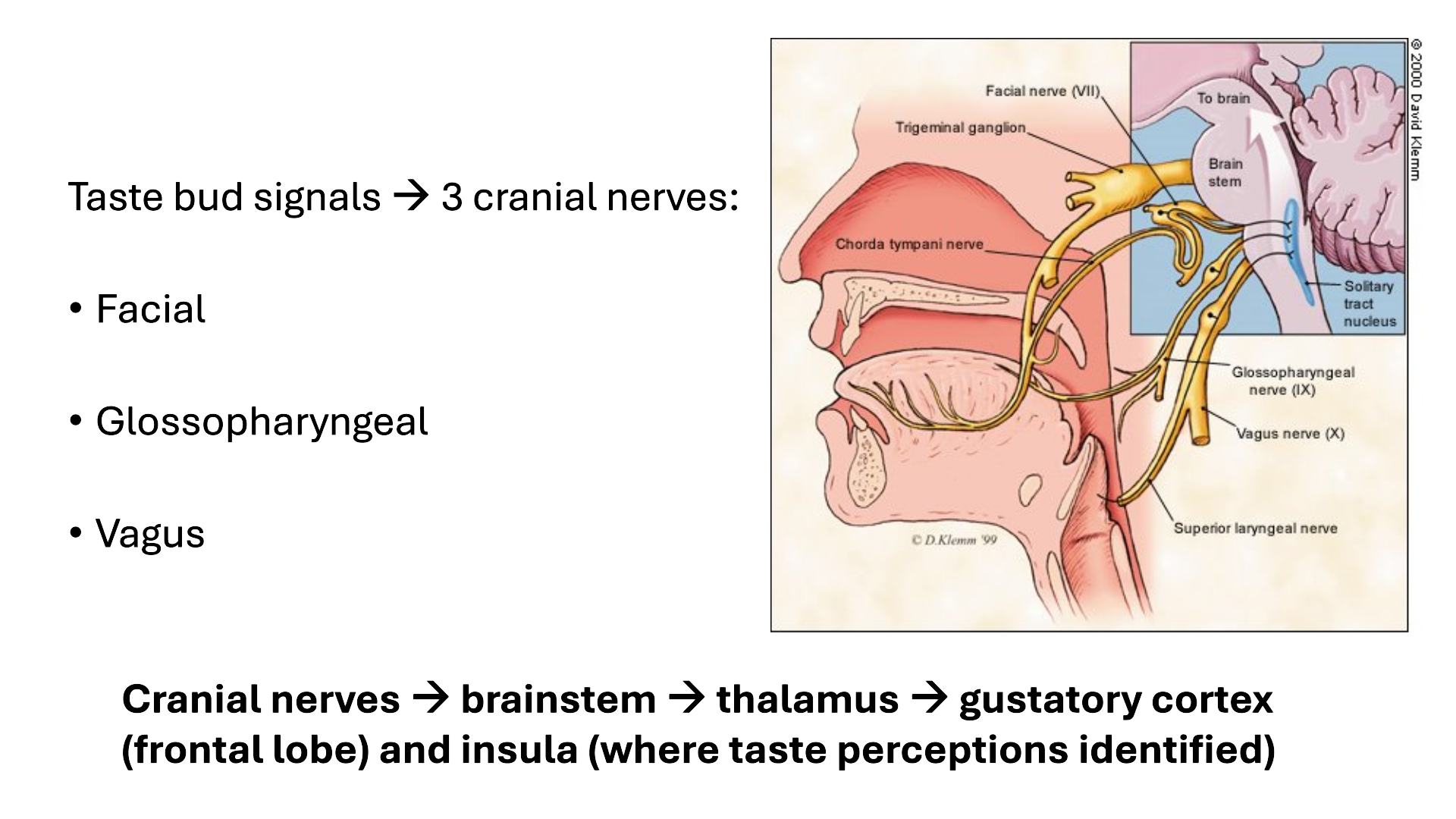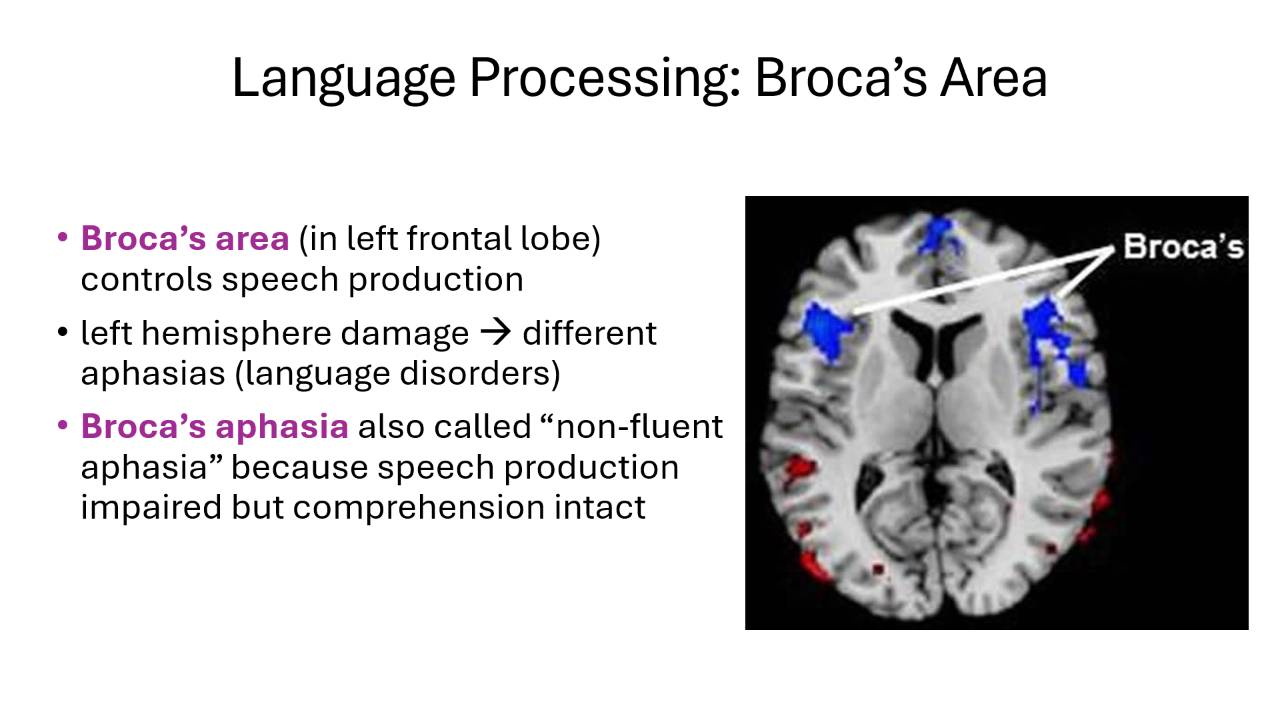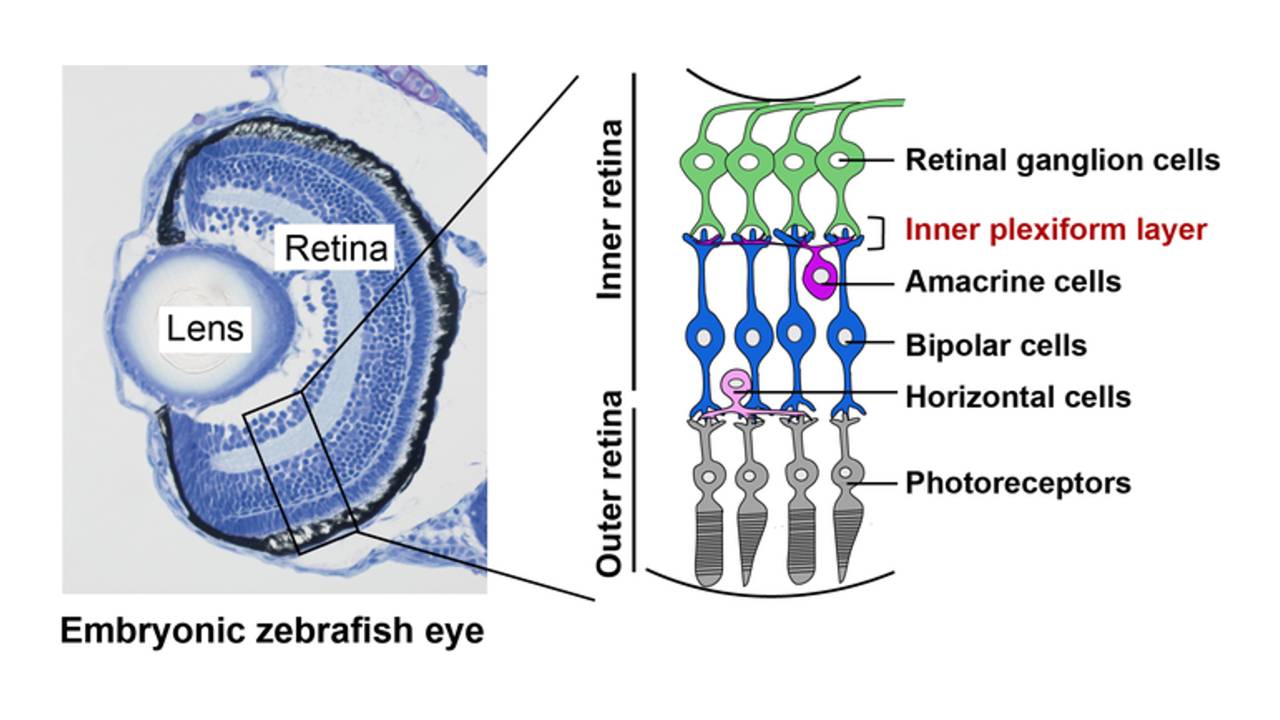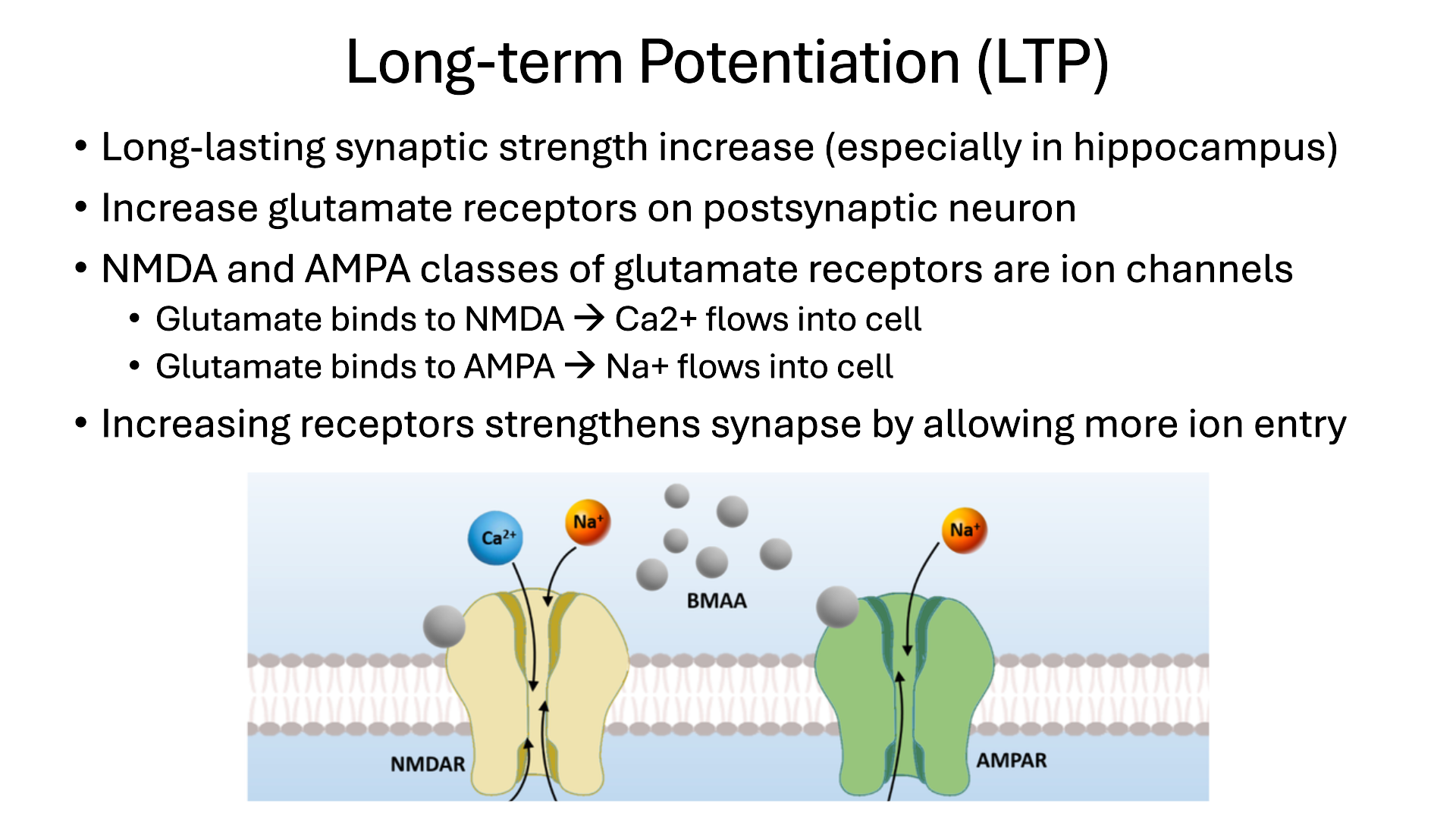
NeuroBeacon Foundation
Our Mission
NeuroBeacon Foundation is a nonprofit dedicated to expanding access to cognitive science and health education—particularly for students from underserved communities. Through outreach, curriculum development, awareness-building and public engagement, we work to empower students to explore the brain and mind with curiosity, empathy, and purpose. Our goal is to build a more inclusive future in cognitive fields by making knowledge accessible and community-driven, and to improve communities through health education.
GET INVOLVEDWhat we do at NeuroBeacon: Service through Science
NeuroBeacon began as a way for me to allow high school students across the country to essentially join the Neuroscience Club I had started in my high school—and then to start a club at their own high school, using our curricula and activities. To complete this circle, members started to ask for opportunities give back and contribute new activities: courses and outreach. What started with students in well-resourced schools helping each other quickly became an opportunity for these students to volunteer and contribute to education in under-resourced communities and schools where no such opportunities otherwise exist. We call this 'Service through Science'. Finally, we have added community health education to our targeted set of volunteer activities. We believe there are many opportunities to contribute to under-served community health starting with simple education of both students and their families.
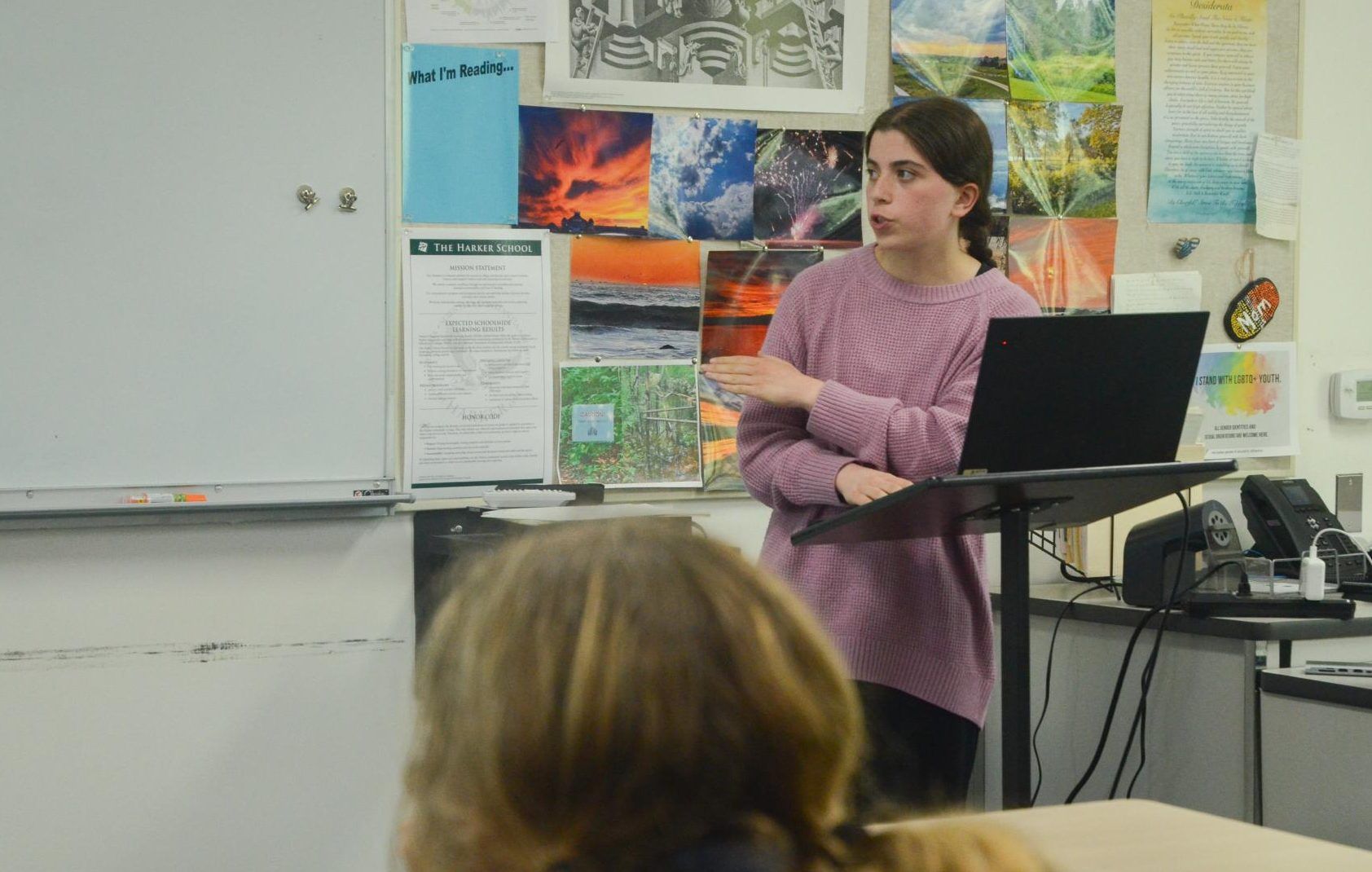
Get our free International Brain Bee study course
Sign up for our video course to jump start your competition in the International Brain Bee; or use our course material to teach this course at your own high school. Available in English and Spanish. Here is a sampling of what you'll learn:
Get the free course nowSamples of our free Spanish Language International Brain Bee Video series
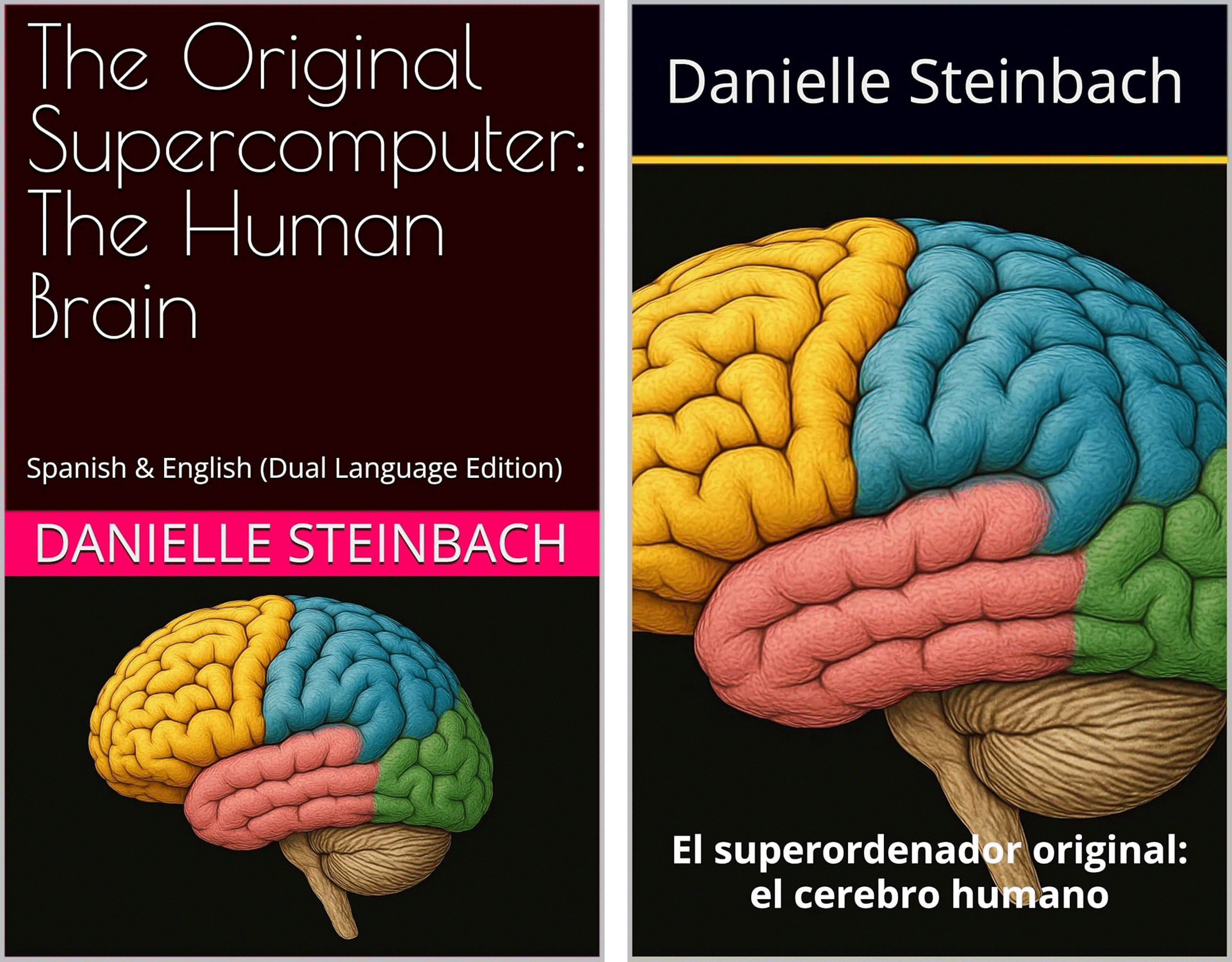
Introduction to the Brain
For elementary and middle school students
This book gives an overview of the functions of the human brain and provides a deep and broad look at how the nervous system handles all these complex functions. Ultimately, this book serves as an introduction to students who want to explore the extraordinary capabilities of the brain. It is a text addressed to students in elementary school or middle school. Available in Spanish/English Dual Language Edition and Spanish Only
- Available on Amazon
- Free Hardcopy for Qualified Schools (Schools request free copy below - available while supplies last; terms apply )
The NeuroBeacon Podcast & Blog
View our interviews of guests and writing deeply exploring topics in Cognitive Science & Anthropology.
View Podcast & BlogCommunity Health Education
As we grow, so does our commitment to community well-being. Alongside cognitive-science education, we now lead health literacy initiatives that highlight how biological, social, and environmental factors shape young people’s lives and futures.
Here we have some examples of Capstone final projects from the Columbia University ACComPLISHED Health Education Leadership Program
See Capstone Videos

Author Review Articles
Join a group to research, write, and publish a review article in a high school or college research journal. This is a fantastic way to learn how to read the literature on a topic and write an article reviewing an aspect of that domain. Though it may not be new research, you will learn many of the skills needed in publishing a real research article. This is a fantastic way to dip your toe into the world of research!
You can join an article group as a new member with no research experience, or as a group leader if you have the necessary background.
(Figure at right/top is taken from a recently accepted for publication review article on CAR T-Cell therapy)
Join an Article Group
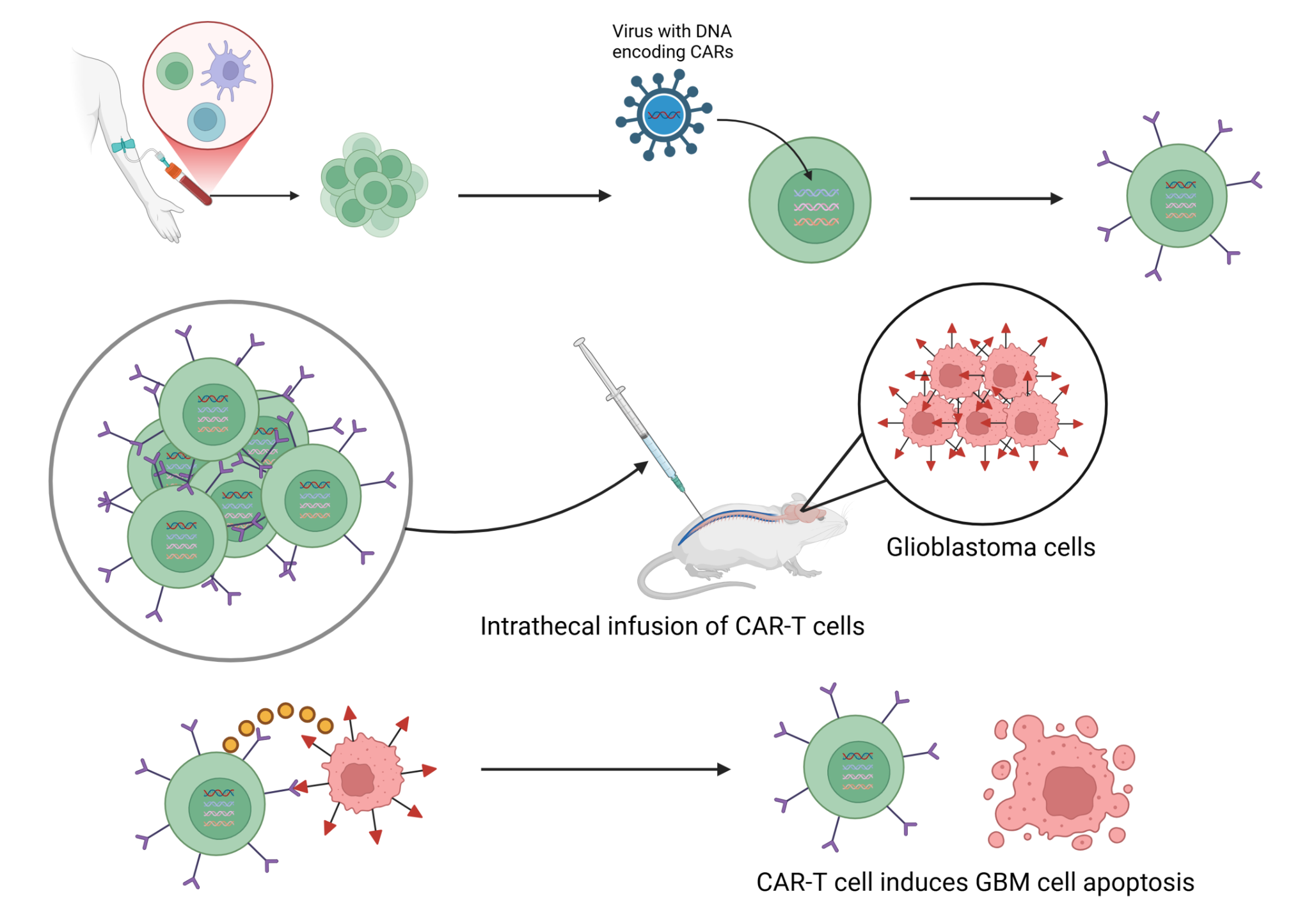
Founder's Message
NeuroBeacon began with a simple conviction: every young person deserves the opportunity to explore the brain and cognitive science, regardless of the resources available at their school or in their community. I founded this organization because I saw how dramatically access to high-quality science education can differ—and how much potential is lost when curiosity is limited by circumstance.
Our work is guided by a model we call service through science. For students at well-resourced schools, we provide programs that inspire deeper interest in cognitive science, nurture early research skills, and encourage students to mentor younger peers. Through NeuroBeacon, these students can transform their learning into meaningful service—bringing hands-on science experiences, multilingual materials, and mentorship to classrooms that have fewer educational opportunities.
For under-resourced schools, our curriculum, workshops, and community partnerships make neuroscience and health education not only accessible, but engaging and empowering. By connecting students across different environments, we aim to build a more equitable educational landscape—one where knowledge is shared, opportunity is expanded, and learning becomes a collective effort.
As we grow, so does our commitment to community well-being. Alongside cognitive-science education, we now lead health literacy initiatives that highlight how biological, social, and environmental factors shape young people’s lives and futures.
Our vision is to create a student-powered network where curiosity drives connection, and connection drives opportunity. When students come together to learn and serve, they strengthen not only themselves but their communities.
Thank you for supporting this work. Your engagement helps us bring science education to where it is needed most.
Sincerely,
Danielle Steinbach
Founder & President
The NeuroBeacon Foundation
Become a NeuroBeacon Member
